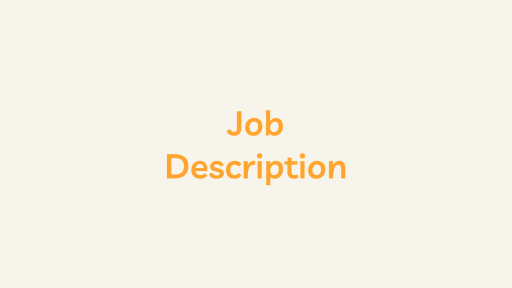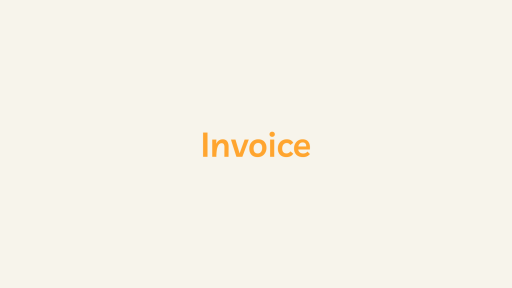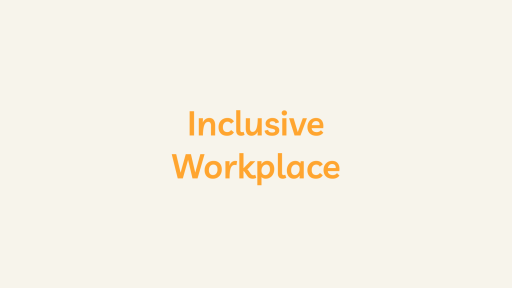What is a Job Board?
A job board is a website or platform that allows employers to post job openings and job seekers to search and apply for those jobs. Job boards have become an increasingly popular tool for both job seekers and employers, as they provide a centralized platform for job listings and applications.
There are several types of job boards, including:
- General Job Boards: These job boards list job openings across multiple industries and functions. Examples include Indeed, Monster, and Glassdoor.
- Niche Job Boards: These job boards focus on specific industries, job functions, or demographics. Examples include Dice for technology jobs and Hired for high-end tech and engineering positions.
- Company Career Sites: These job boards are hosted on the company’s website and list job openings specific to that company. They often provide more detailed information about the company culture, benefits, and career paths.
- Freelance Job Boards: These job boards list project-based or freelance work opportunities. Examples include Upwork, Freelancer, and Fiverr.
Job boards can benefit both employers and job seekers in several ways, including:
- Greater Reach: Job boards allow employers to reach a wider pool of potential candidates, both locally and globally.
- Increased Efficiency: Job boards streamline the job posting and application process, saving employers time and resources.
- Enhanced Visibility: Job seekers can easily find and apply for jobs that match their skills and experience.
- Customization: Many job boards allow job seekers to create profiles and receive notifications when new job openings that match their skills become available.
In conclusion, job boards have become an important tool in the modern job search process. They offer a centralized platform for job listings and applications, which can benefit both employers and job seekers. However, it’s important for both parties to be aware of the potential drawbacks and to use job boards as part of a comprehensive job search strategy.





